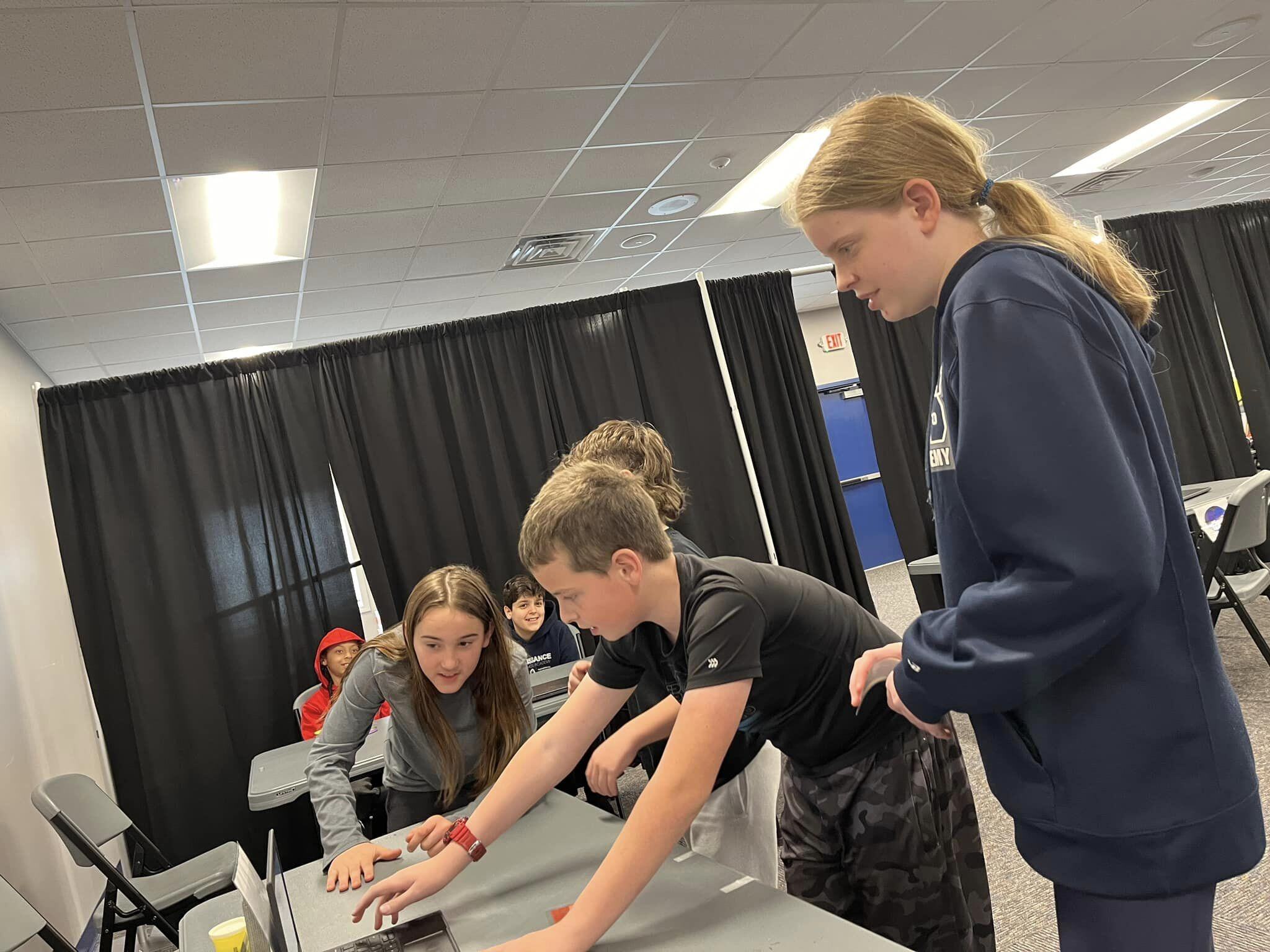
In the landscape of education, project-based learning (PBL) has emerged as a beacon of innovation, providing students with hands-on, real-world experiences that deepen their understanding of academic concepts and cultivate essential 21st-century skills. Nowhere is the power of PBL more evident than in Michigan's charter schools, where a commitment to student-centered learning drives educational excellence. From Detroit to Grand Rapids and all the way to the Upper Peninsula, charter schools across the state are embracing PBL as a cornerstone of their educational philosophy, empowering students to take ownership of their learning and tackle complex challenges head-on.
What is Project-Based Learning?
Project-based learning is an instructional method that centers around the creation and completion of projects that are meaningful, authentic, and aligned with academic standards. Unlike traditional classroom instruction, which often relies on lectures, textbooks, and standardized assessments, PBL encourages students to delve into real-world problems, questions, and challenges. Through hands-on projects, students engage in inquiry, investigation, and problem-solving, driving their own learning and deepening their understanding of core concepts across multiple subject areas.
Benefits of Project-Based Learning:
Megan Nix, the school leader at Renaissance Public School Academy (RPSA) in Mt. Pleasant, said project-based learning has been something she’s been passionate about for over a decade.
It’s something that has been a ten year journey of my own growth and passion as a professional. And then here at Renaissance, we as a school have just started with how we can look at our science units and, and have this bigger thing we're working towards now, project based learning, realizing it's really a teaching style and a mindset about learning, more than it is a way to design units. And so it's just become kind of part of who we are as a school now.”
Pictured is Jacob, a student at RPSA. Jacob had a fun idea for his last ICE project which would allow him to give back to his school community. Using AI and some research online, he was able to create an informational coloring book for each Kindergarten student at our school
At its core, PBL places students at the helm of their learning journey, inviting them to explore complex topics, solve authentic problems, and engage in meaningful collaboration. Rather than passively absorbing information from textbooks or lectures, students immersed in PBL embark on immersive, hands-on projects that mirror real-world scenarios, igniting their curiosity and driving deeper understanding. Megan said at RPSA, project-based learning has become a pillar of their students’ education.
All of the work we do with students is grounded around some of the key principles of project based learning, including: authentic audiences, learning through inquiry and curiosity and using student questioning to guide learning and the connectedness of everything we're doing.
We try to look at all of the standards and think about how this applies in the real world and connect our kids to that. So it is in everything. It's not just during science and social studies. I think a lot of places that start with PBL, that's kind of where it starts. So that makes sense. And those are standards the easiest to connect to. But now we're to the point that even during literacy and math, our students do independent individual projects that use all the key components of PBL that have to do with all of the work and the learning we're doing, having some sort of purpose that we're working towards, and most often something that's connected to outside of the school walls.”
Project-based learning represents a transformative approach to education that empowers students to become active participants in their learning journey. By engaging in hands-on projects that are relevant, authentic, and aligned with real-world challenges, students develop critical thinking, collaboration, creativity, and communication skills that are essential for success in the 21st century. For Megan, she said she can see how project-based learning helps students prepare for life after school.
I think it just sets them up for success no matter what path they take, whether they're going to head off to college and need to be able to be self-directed learners, whether they're going to enter the workforce right away and need to be ready to be independent right out of high school. Or whether they're going to come up with jobs and careers that don't even exist yet, because we know that that's true for some of our kids. Project based learning prepares them to be the ones to walk in the door and say, “hey, what if we did this and come up with a thing that doesn't exist yet?”
These Providers on Meaningful K-12 Success
Michigan's Charter School Association
123 W Allegan, Ste 750
Lansing, MI 48933
Ph: (517) 374-9167
No Comments Yet
Let us know what you think